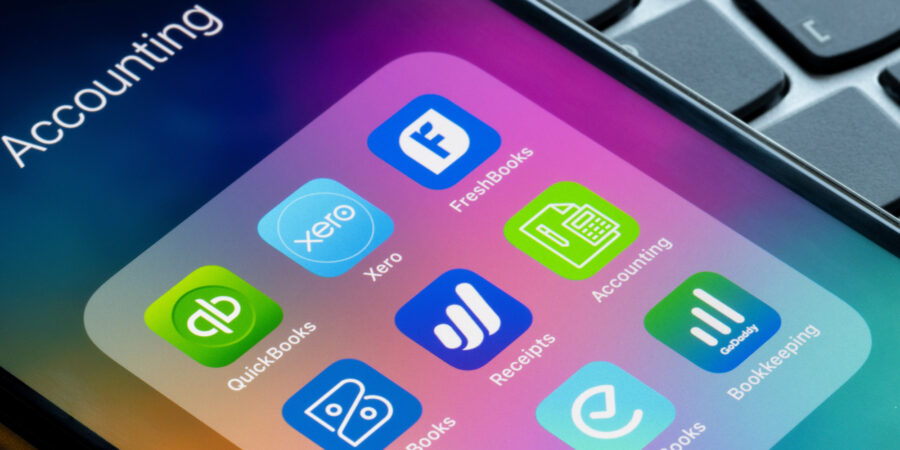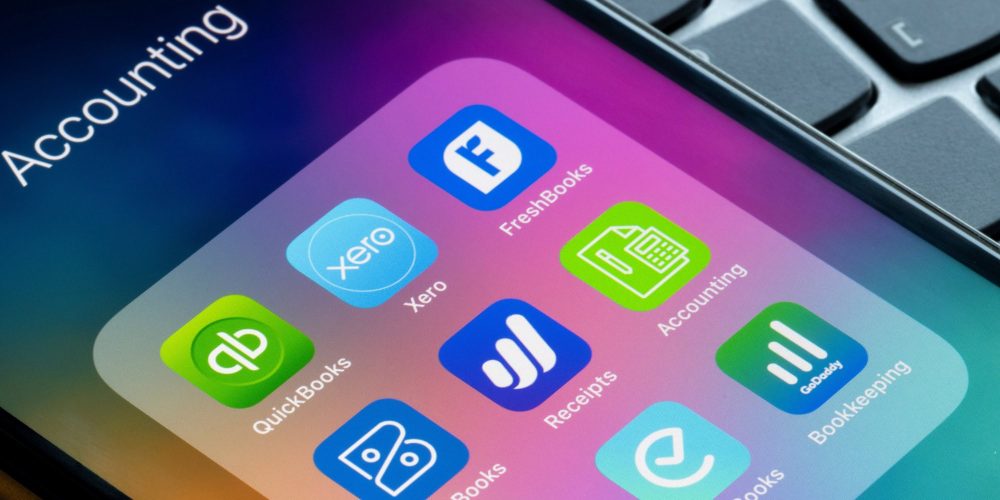Most business owners didn’t start their companies because they love reconciling bank statements. But if your finances aren’t organized, it shows up through late tax filings, cash flow surprises, and stressful evenings spent trying to figure out where all the money went.
Smart accounting software is your way out of that cycle. If you’re still stuck in spreadsheets or wrangling outdated desktop tools, you may be interested to learn how you can work smarter with your accounting system.
Start with the right tool
Excel is great for lists. But for running a business, it’s risky. Manual entry inevitably leads to errors. And even if your formulas are perfect, you’re still stuck doing everything by hand.
Smart accounting software automates a ton of tedious tasks. It syncs with your bank, handles invoices, runs reports, and stores your receipts. That alone can save you hours every week. Plus, it makes scaling smoother. If you’re going to outgrow a spreadsheet (and you will), better to start with a system designed to grow with you.
You may also be interested in: Does your business need cloud accounting software?
Let your software do the heavy lifting
Cloud-based accounting software isn’t just a place to put the numbers. When used properly, it should do most of the day-to-day accounting work for you:
- Automated bank reconciliation
- Set-and-forget invoice reminders
- Simplified expense tracking
- Track budget vs actual spending
- And more!
Give the right people the right access levels
You don’t need to be the bottleneck in your own business. A smart setup gives your team access to what they need, without handing over the whole vault.
For example:
- Your office manager can upload bills and view accounts payable
- Your CPA can access your books directly at tax time
- Sales can send estimates and view their commissions
- Payroll runs itself in the background
You stay in control, but you’re not stuck being the middleman.
Integrate your systems
Here’s where smart accounting software usage really pays off. If your POS system, inventory tracking, CRM, and accounting tools are all working together, you’ll make better decisions with less effort.
Let’s say you run a retail business. Your POS talks to your inventory system, which feeds into your accounting software. That means:
- No double entry
- Real-time insights into best-selling or low-stock items
- Easier forecasting
- Fewer “Oops, we’re out of stock” moments
The more you connect, the more useful your software becomes.
Review our top cloud-based accounting apps.
Check in weekly, not just at year-end
Accounting shouldn’t be something you only think about when it’s time to file taxes. With good software, you’ve got access to real-time data, so use it.
Take 15 minutes each week to check your dashboards:
- Are sales up or down?
- Is there a big bill coming due?
- Are you getting paid on time?
It’s easier to steer the ship when you’re not flying blind. And if something’s off, you’ll catch it early.
It’s safer in the cloud
Accounting software that’s cloud-based is backed up, encrypted, and accessible from anywhere. Cloud platforms like Xero have bank-level security and handle updates automatically. That beats your aging desktop software that hasn’t been backed up since (gulp) who knows when.
Plus, if you ever need to work from home or from your kid’s soccer game, you can. Your books come with you.
Smart doesn’t mean complicated
Smart use of accounting software doesn’t mean digging into every possible feature. It means focusing on the ones that save time, reduce mistakes, and make your life easier. Things like:
- Real-time reporting
- Automated bank feeds
- App integrations
- Invoice and quote creation
- Accurate tax tracking
Start small, but start intentionally. Then build as your business grows.
A quick note on cost
Good accounting software isn’t free, but it doesn’t have to break the bank either. Platforms like Xero or QuickBooks Online usually cost less per month than a single hour of your time. And when it’s doing the job of an admin assistant, bookkeeper, and finance dashboard all in one? That’s a solid return.
You don’t need to sign up for all the bells and whistles. Pick the plan that fits your needs today. You’ll be able to grow from there.
You may also be interested in comparing the pricing of QuickBooks and Xero.
Keep it lean, keep it smart
If you’re spending too much time in your books (or worse, ignoring them altogether), it’s time to shift. Smart accounting doesn’t mean you need to become an accountant. It means using tech to make better decisions, faster.
Want help figuring out what software setup makes sense for your business? We’ve vetted the tools, built the stacks, and walked clients through this transition dozens of times. Reach out to our team and let’s make your accounting a whole lot smarter.

